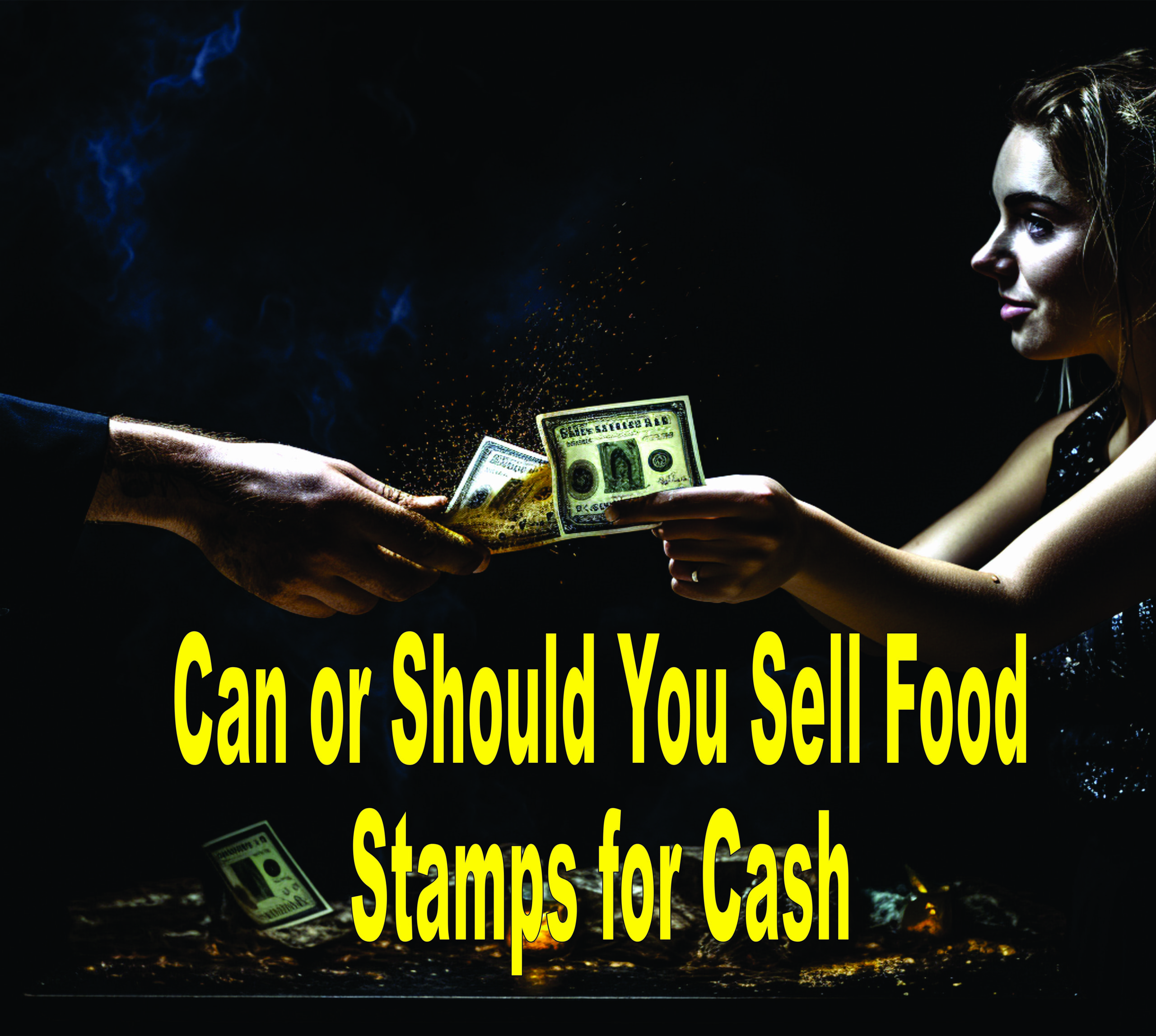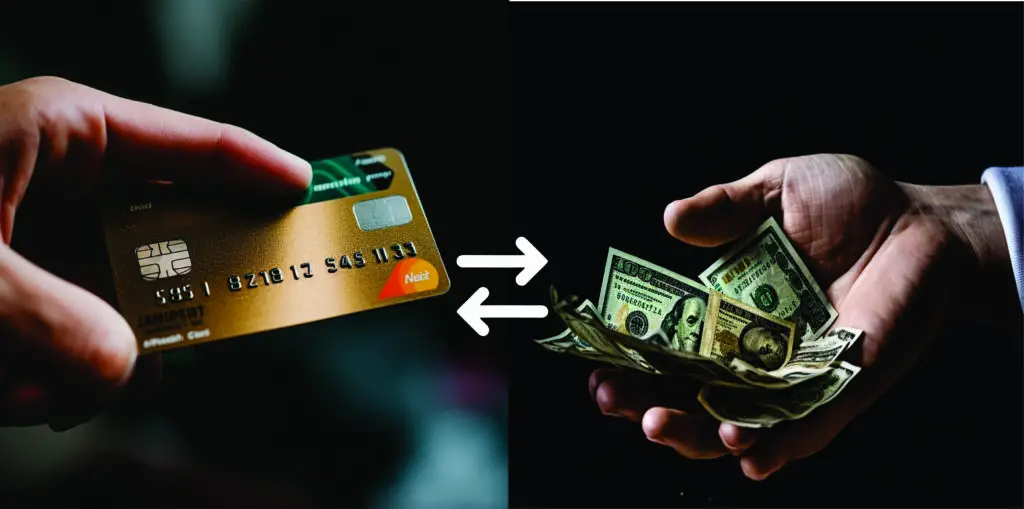Last Updated on January 17, 2024 by Lori Pace
Federal government provides food stamp benefits to recipients under the Supplemental Nutrition Assistance Program (SNAP). The government issues an electronic benefits transfer card (or “EBT card”) to recipients. EBT cards replace the old system that provides food stamps as paper coupons. It was easy to sell (exchange) food stamps for cash, or other items like drugs under the old system. Although trafficking has been reduced significantly by the introduction of cards, it is still possible to get cash or other items from small convenience stores.
How Food Stamps Work
Supplemental Nutrition Assistance program (or “SNAP”), is a federal nutrition program. It used to be called “food stamps” and helps low-income individuals buy food from grocery stores, convenience stores, or other places like Costco.
Sell Food Stamps for Cash is Illegal
Participants in the program can’t use SNAP benefits for alcohol, cigarettes, soaps or paper products. They also cannot use SNAP benefits for household supplies, vitamins, medicines, and other necessities. They also prohibit recipients from trading benefits for cash or drugs. Trafficking is a crime that can lead to criminal prosecution.
Food Stamps Trafficking Or Sell for Cash
Trafficking was rampant many years ago when food stamps were paper coupons. These are some of the ways that people used to get around.
- The amount of food stamps that were sold to recipients was less than what was listed on the coupons. An individual could sell 150 worth of food stamps to get $100 cash. Although the seller lost money, he walks away with $100 cash to purchase other things than food stamps.
- Food stamp holders also ask convenience stores to make a fake sale and give the money to them. The store would keep some of the profit to use for food stamps.
- Many drug addicts make trades with food stamps in exchange for drugs from dealers.
This is why the government started distributing EBT cards instead of food stamps.
EBT Cards Protect Against Trafficking
The electronic benefits transfer card (EBT card) is a plastic card that provides SNAP benefits. It works just like a debit card. Recipients use the card to purchase food. Because these cards require a personal identification number, people have a hard time using them for drug transactions. This allows the government to track transactions and detect suspicious activity. Therefore, there’s a reduction of trafficking rates. The U.S. Department of Agriculture (USDA) oversees the program and fraud rates are around 1% – one of the lowest rates of any federal program.
Where People Sell Food Stamps for Cash Still Occurs
SNAP trafficking is most common in small retailers like convenience stores. This is how trafficking works in this context: Someone receives $100 worth of SNAP benefits via an EBT card. The individual then goes to a convenience store and swipes his card, charging $100. In return, the store gives him $75 cash. The store makes $25 profit on this transaction without selling any products.
Convenience shops have very low margins, and trafficking can be a great way to make some extra cash. After swiping EBT cards from SNAP recipients, a Louisiana convenience store owner was caught giving customers 60c per dollar. Others have also been caught selling cigarettes to customers who purchased EBT cards from convenience stores.
Penalties for SNAP Fraud
If they are found guilty of food stamp fraud, business owners could face severe penalties. For example, SNAP violations could lead to:
- Participation in the program is not permitted if you are disqualified
- Civil monetary penalties
- Criminal charges and prosecution
The Louisiana store owner was sentenced to 51 months imprisonment and ordered to pay $1.2 million in restitution for the USDA. Then, an Ohio convenience store owner was sentenced almost to three years in prison. He was also ordered to pay $2.8 million in restitution to the USDA for fraud with food stamps.



